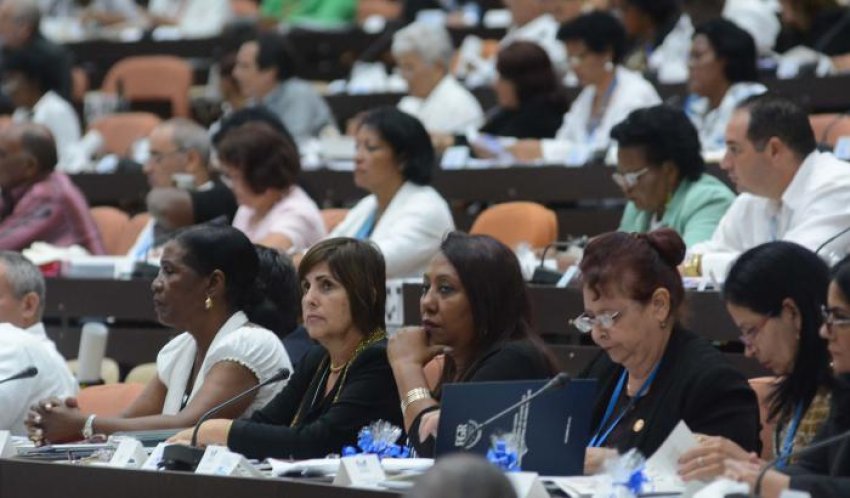
The Inter-Parliamentary Union (IPU) has placed Cuba as the second of the five countries in the world that boast gender parity in parliament and the country with the second-highest proportion of women deputies.
A recent IPU report concluded that five nations reached gender parity or a higher proportion of women in their lower or single chamber in 2022. Those nations are Rwanda (61.3%), Cuba (53.4%), Nicaragua (51.7%), Mexico (50%) and the United Arab Emirates (50%).
In response, Cuban President Miguel Díaz-Canel tweeted that “the majority and palpable participation and presence of women in various sectors of our society, including the legislative sphere, is recognized as an achievement of the Cuban revolution.”
In contrast, Australia’s IPU rank for women in national parliaments was 27th in 1997, rising to 15th in 1999. Its rank fell to 57th this year.
The IPU, founded in 1889, is the only organisation that represents the legislative branch of governments on a worldwide scale. IPU collates statistics from 178 national parliaments and 14 regional parliamentary assemblies and associate members and publishes monthly the percentage of women in national parliaments.
IPU data revealed that 11.3% of parliamentarians were women in 1995. As of this year the global average is still only 26.2%.
Cuba ranks high in other indicators for female representation. Data from the World Intellectual Property Organization for 2021 shows the share of female inventors in applicants for international patents in 2021. Cuba and the Philippines ranked highest, with 53% of applicants in Cuba and 38% in the Philippines being women. The global average was 17%.